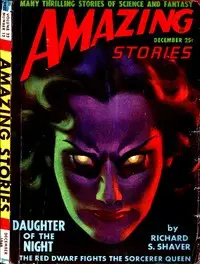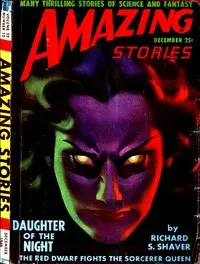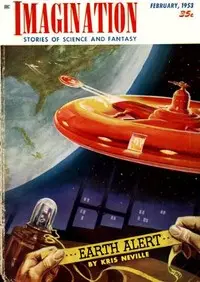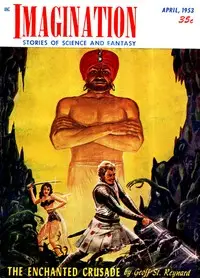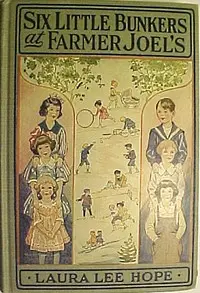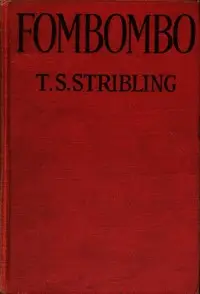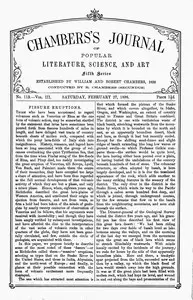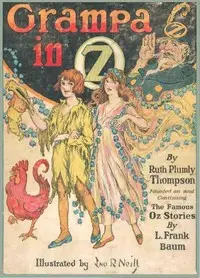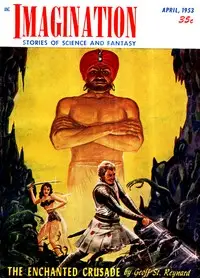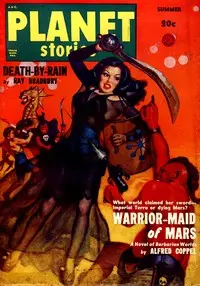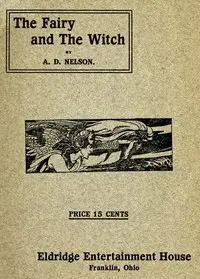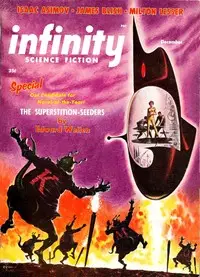"Of Stegner's Folly" by Richard S. Shaver is a science fiction novella written during the early 1950s. The narrative revolves around Professor Stegner's groundbreaking yet disastrous invention of a selective anti-gravitational field, which not only alters the elements of matter but also has consequences for living organisms, inadvertently creating a world filled with oversized creatures. The story explores themes of scientific ambition, the unforeseen repercussions of technological advancements, and humanity's struggle to cope with the consequences of its own curiosity and ambition. The plot follows a journalist who witnesses the fallout from Stegner's experiments. Initially, the professor's invention seems to rejuvenate life, promoting growth and healing ailments such as lead poisoning. However, as the field expands, it results in the emergence of gigantic animals, drawing crowds and prompting chaotic events. After Stegner disappears, the journalist discovers a hidden community of giants created by the professor's work, caught in a power struggle with those seeking to exploit his findings for their gain. The narrative escalates into an intense confrontation as the military grapples with monstrous creatures and Stegner's legacy, ultimately leading to a fight for survival against the overwhelming consequences of human hubris and the pursuit of immortality. (This is an automatically generated summary.)
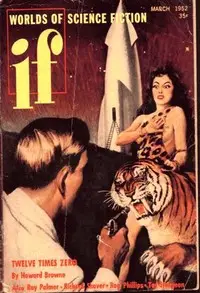
Of Stegner's Folly
By Richard S. Shaver
"Of Stegner's Folly" by Richard S. Shaver is a science fiction novella written during the early 1950s. The narrative revolves around Professor Stegner...
Richard Sharpe Shaver was an American writer and artist who achieved notoriety in the years following World War II as the author of controversial stories which were printed in science fiction magazines. Shaver claimed that he had personal experience of a sinister ancient civilization that harbored fantastic technology in caverns under the earth. The controversy stemmed from the claim by Shaver, and his editor and publisher Ray Palmer, that Shaver's writings, whilst presented in the guise of fiction, were fundamentally true. Shaver's stories were promoted by Ray Palmer as "The Shaver Mystery".

